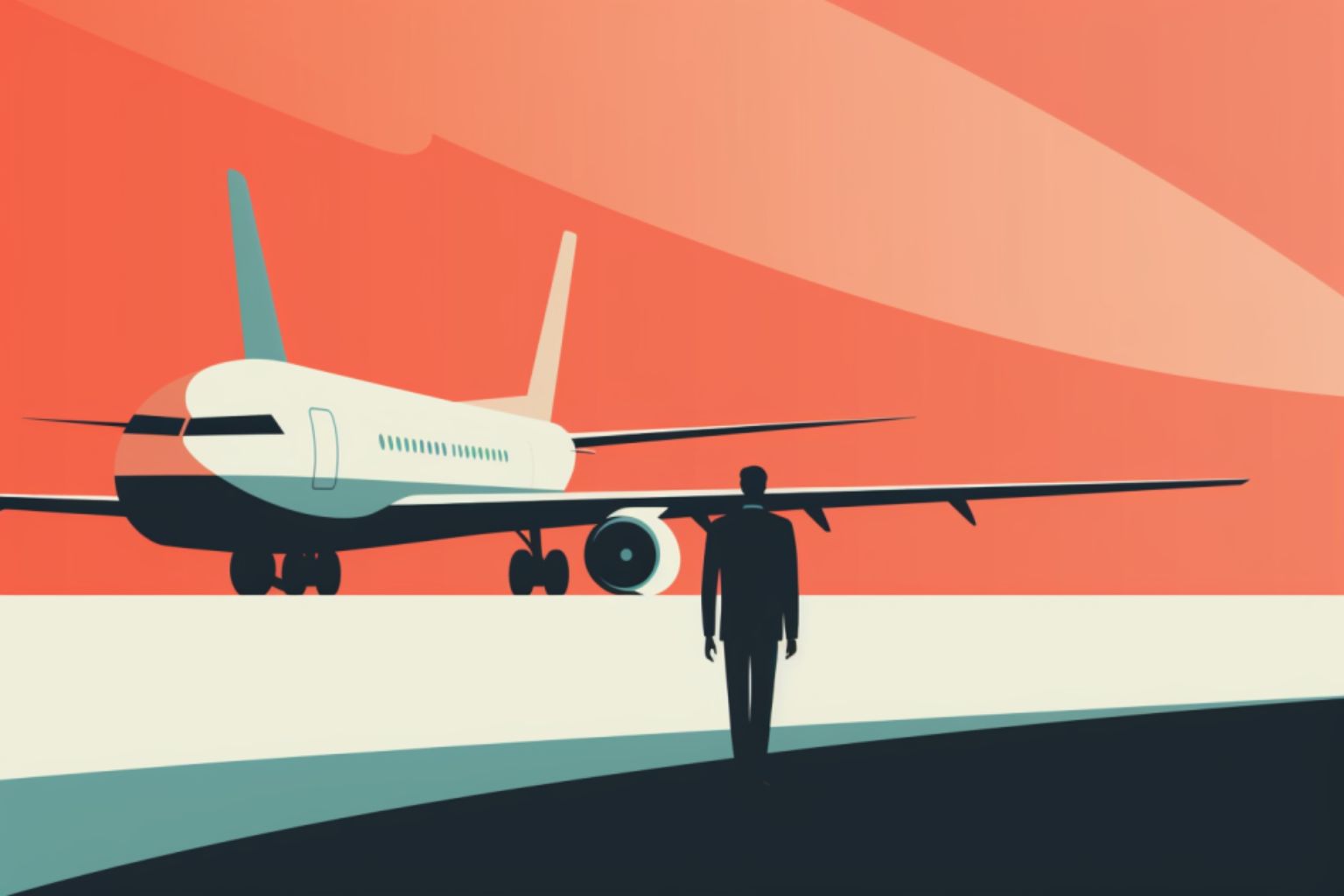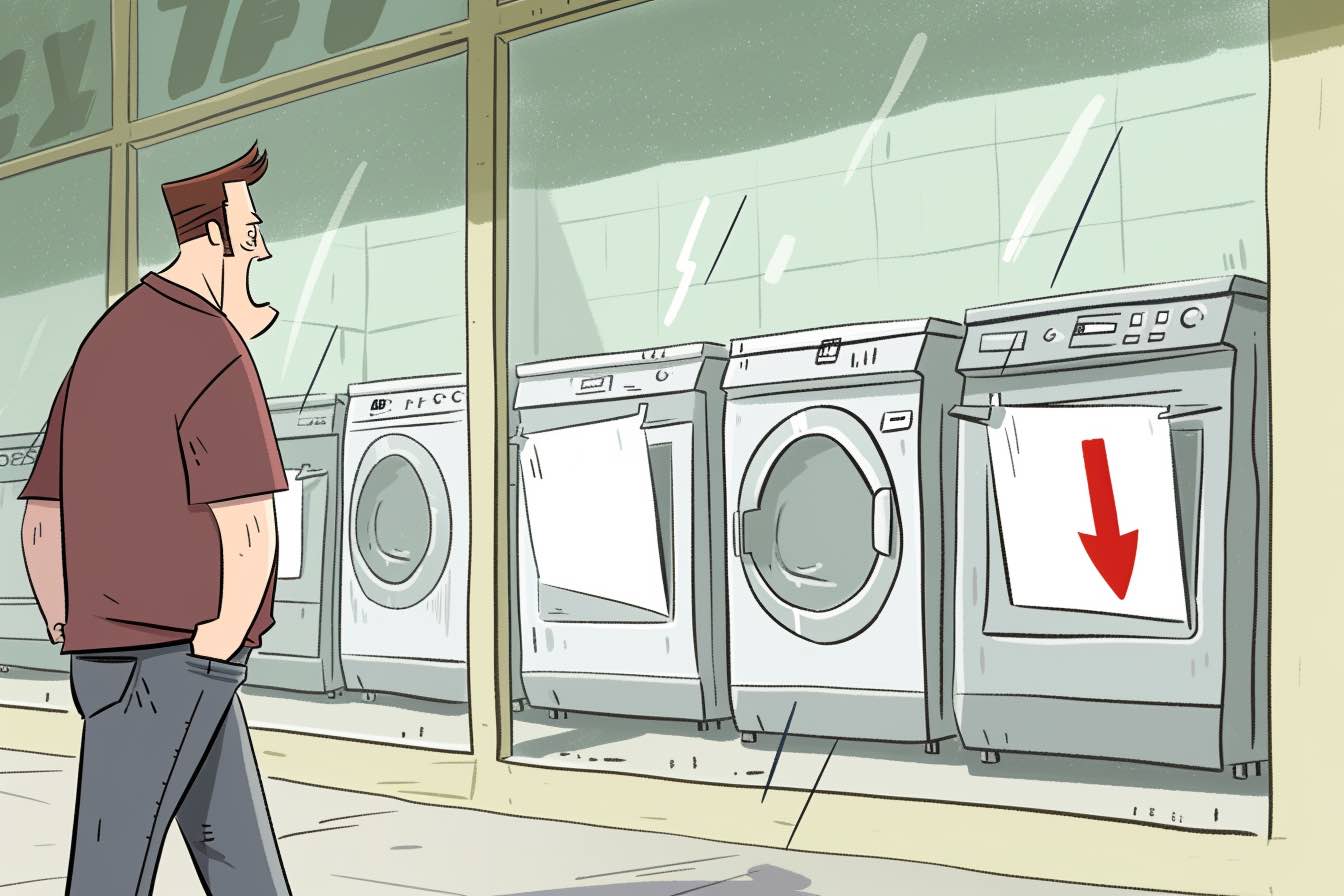Can being a smart traveler make you a better consumer? As the author of How To Be The World’s Smartest Traveler, which is being published next month, I can confirm that it does.
I know that because I also wrote another book called Scammed in which I exposed some of the biggest consumer rip-offs, and I found a significant amount of overlap between the two — which is to say, smart travelers are savvy consumers, and vice versa.
I followed up Scammed with a book about travel because travel mirrors the overall consumer experience in many important ways. And also, because almost everyone travels.
Here are seven secrets from my book that apply to any consumer purchase:
Don’t trust strangers
User-generated reviews of products on sites like Yelp or TripAdvisor can mislead you. When it comes to buying advice, rely on someone you know, not some online stranger you’ve never met. There’s no substitute for speaking with an actual product owner or consumer.
Do your paperwork
The smartest travelers have up-to-date passports, vaccination certificates and visas. Outside of travel, reading all the fine print has never been more important. And here’s a tip: Do all of that before you make your purchase. After you click the “buy” button, it may be too late.
Consider insurance
Insurance comes in many shapes and sizes, from straight-up policies to coverage on your credit card. Make sure you’re protected, particularly when you buy a big-ticket item. You never know when you’ll need to file a claim.
Loyalty is a two-way street
Many “loyalty” programs are one-sided affairs; you give your business to an airline, car rental company or hotel, and it should reciprocate in a way that you find fair and equitable. Too often, companies build complex loyalty programs that require experts to decipher them. Then they change the rules. That’s not loyalty — it’s a bait-and-switch scam.
There’s no such thing as free
Robert Heinlein said it best: “There ain’t no such thing as a free lunch.” And that isn’t just true for the “free” ticket offered when you apply for a loyalty program credit card — it has applications in almost every consumer purchase. Free shouldn’t be an enticement; it’s a warning. If you see it, run for the hills.
Your most effective tool is politeness
When things go south — and sooner or later, they will — the best tool at your disposal isn’t your smarts or your knowledge of the travel industry (or any other industry). It’s your good manners. Using “please” and “thank you” when a flight is delayed, when a room isn’t available, when you’re denied boarding on your cruise ship, is far likelier to yield the desired response. That’s also true outside of travel, in every stage of the purchasing process. Mind your manners.
If it sounds too good to be true …
You’ve heard the saying, haven’t you? It’s true for travel, where you’re hit with offers of bargain timeshares and travel clubs, but it’s also true outside of travel, where deals that look unbelievable are often, well, unbelievable. Consumers get into trouble when they override the inner voice that says: “Something is wrong here.” Don’t let that be you. (Here’s our ultimate guide to travel advice.)
If you’re a regular reader of this feature, you may already know all of this. But what you might not know is that these principles apply to almost every commercial transaction. Pack these on your next trip — or take them to the grocery store, the mall or the flea market. They work everywhere.




